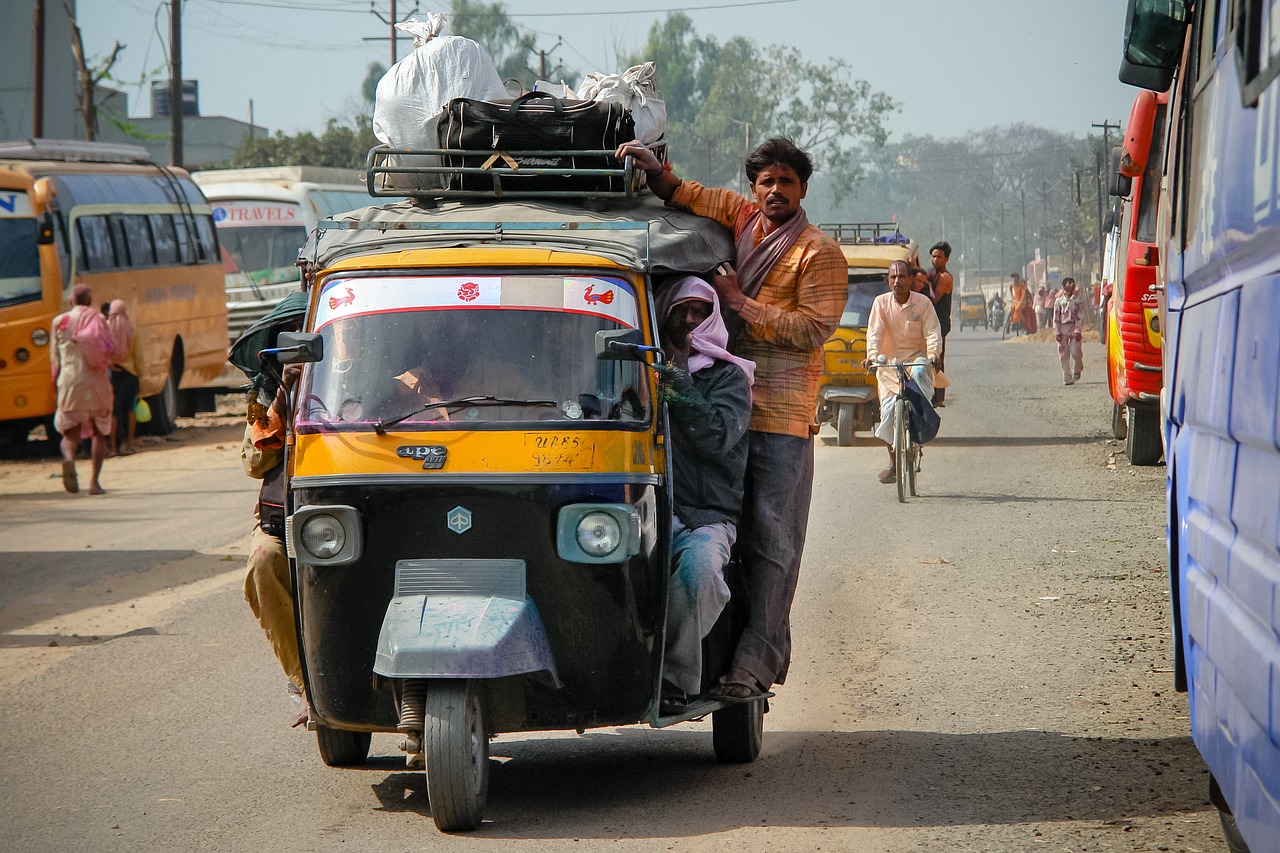
The economy of India has contracted at its fastest pace on record in the second quarter of this year as the coronavirus lockdowns hampered consumer spending and investment.
In the three months ending in June, official numbers revealed that the economy of India shrank by 23.9% compared with the previous year. This rate was way worse than economists' forecasts and is deemed to be one of the most severe contractions any country has experienced as a result of the pandemic.
Worst economic contraction
Capital Economics reported that investment went down by a whopping 47% compared with the previous year, while household consumption fell by nearly 27%.
Meanwhile, government consumption went up by 16% but it was not sufficient enough to offset the critical decline in activity in other sectors.
Shilan Shah of Capital Economics pointed out that while this quarter should mark the low point for India's economy, there are signs that the recovery could be very slow despite the easing of lockdown measures.
A key measure of manufacturing activity fell in July as well as output from infrastructure industries.
Shah said: "The continued rapid spread of the coronavirus will dampen domestic demand. What's more, the underwhelming fiscal response to the crisis will guarantee a legacy of higher unemployment, firm failures and an impaired banking sector that will weigh heavily on investment and consumption."
Even prior to the coronavirus pandemic, the once fastest-growing major economy in the world entered 2020 characterized by waning consumer demand and a struggling automotive sector.
Data from Johns Hopkins University indicated that over 3.6 million cases of coronavirus have been recorded in India, with around 64,500 people dying from the pandemic. The spread of the virus has been fast, with the country taking almost six months to record 1 million cases, another three weeks to hit 2 million, and only 16 additional days to hit 3 million.
Notable business activities
In April and May, Jio Platforms, the digital technology arm of conglomerate Reliance Industries, owned by Indian billionaire Mukesh Ambani, was the center of attention in India's business community.
Facebook acquired a 9.99% stake in Jio Platforms for $5.7 billion in April. The deal will give the tech giant a key foothold in India, one of the world’s fastest growing internet markets.
In a statement, Facebook’s chief revenue officer David Fischer and vice president and managing director for India Ajit Mohan emphasized: “This investment underscores our commitment to India, and our excitement for the dramatic transformation that Jio has spurred in the country.”
In May, Jio Platforms received a new round of investments through the US private equity firm Silver Lake. The company, known for its winning track record of placing investments in promising tech giants, is investing $748.5 million in Jio Platforms.
In a statement, Ambani said: “Silver Lake is one of the most respected voices in technology and finance. We are excited to leverage insights from their global technology relationships to fuel India’s transformation into a digital society.”
However, in July, Indian airline IndiGo announced that it will let go of 10% of its employees due to the dramatic decline in demand for air travel due to Covid-19. The airline announced in June that it would cut costs of up to 40 billion rupees or $533 million.
In a letter to investors, IndiGo chief executive officer (CEO) Ronojoy Dutta said: “It is impossible for our company to fly through this economic storm without making some sacrifices, in order to sustain our business operations.”
IndiGo has approximately 24,000 employees and the cuts would mean around 2,400 jobs will potentially be lost in the process. The airline has been grounded for several months due to the Indian government’s strict lockdown policy.






